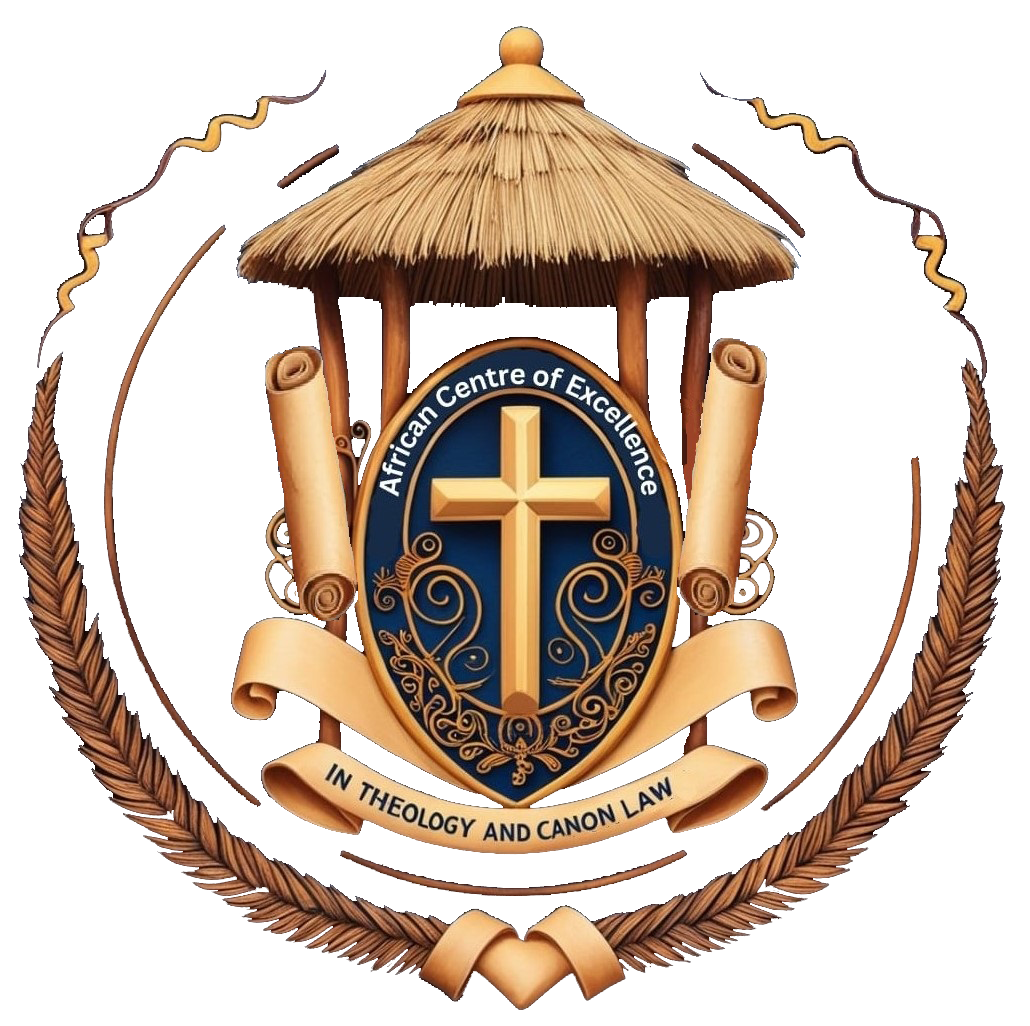Author: Rev. Dr. Emmanuel N. Kodjo
Introduction
In the academic world, the postdoctoral program holds an increasingly significant place as a transitional stage between doctoral training and deeper professional engagement in research or higher education. Often overlooked or underestimated, this stage nevertheless represents a crucial period of intellectual and scientific maturation. Through both a descriptive and personal approach, this text aims to shed light on the specific nature of the postdoctoral experience, as well as the enrichment it can offer to a researcher committed to a mission of transformation in service to the Church and society.
Specificity
A postdoctoral program is an academic research initiative undertaken by someone who already holds a doctorate in a particular field, usually in the discipline of their dissertation. Its primary objective is to enable the postdoctoral researcher to make an innovative and original contribution to their scientific field, whether in terms of content or methodology.
Within the framework of the African Centre of Excellence, the postdoctoral program aims to strengthen and intensify Africa’s contributions in theology and canon law, for the transformation of humanity and the world in the light of the Gospel carried by the Church.
For the researcher, the postdoctoral experience also offers several other benefits, such as:
- an update of knowledge and methodological and professional skills;
- an additional qualification for assuming specific responsibilities in research or academic and professional institutions.
Compared to the writing of a doctoral thesis, conducting a postdoctoral research project differs mainly in that, under the mentorship of an experienced scholar, the postdoctoral researcher—no longer a student in the strict sense—develops a relatively autonomous line of research, aiming at substantially original scientific production.
In this perspective, the postdoctoral researcher must demonstrate several essential qualities:
- a broad vision;
- a strong capacity for critical thinking;
- the ability to carry forward a bold vision for the future of the world;
- constructive freedom, maturity, and a sense of responsibility.
The postdoctoral researcher may work independently, developing their own project, or may be integrated into a structure that relies on their contribution to achieve specific institutional goals.
During the program, the researcher may also be involved in various scientific and academic activities (conferences, teaching, seminar facilitation, supervision of academic work, etc.), all of which greatly enrich their experience and academic visibility.
Personal Testimony
After earning my doctorate in moral theology at CUEA, I immediately joined a higher institution of theological formation: the Interdiocesan Major Seminary of Theology in our province in the Democratic Republic of Congo. I taught theology courses there for ten years while also taking on administrative responsibilities. It was at the end of this decade of teaching that I began a postdoctoral program in theology at CUEA, funded by the African Centre of Excellence in Theology and Canon Law.
Admitted to the program for the 2024–2025 academic year, I am already experiencing significant enrichment at the theological level. Of the three courses in the program, two have enabled me to renew and deepen my knowledge through thematic research topics proposed by my mentor. Completing these projects has led to constructive and enriching exchanges between us. The third course, involving three postdoctoral researchers from different disciplines, took the form of an interdisciplinary seminar held over two sessions: the first focused on women’s participation in theology, and the second on their mission in the Church. This seminar broadened my reflection on the place and role of women in theological studies and ecclesial mission.
In parallel with these courses, I am working on my own postdoctoral research project, entitled: “Promoting a Culture of Life in Africa through Christian Social Ethics.” The research I am undertaking in this area enables me, on the one hand, to realize the complexity of the realities affecting human life in Africa, and on the other hand, to discover invaluable avenues of response to which I hope to make a modest contribution.
Beyond strictly academic activities, participating in the postdoctoral programme also provides opportunities to attend other formative university events—sessions and conferences—where I occasionally contribute as a speaker.
Conclusion
Far from being a mere academic formality or a pause after the doctorate, the postdoctoral program proves to be a valuable time of intellectual renewal, methodological consolidation, and professional deepening. For me, this experience has reignited my commitment to theological research while opening new perspectives, particularly concerning contemporary ethical challenges in Africa. Thanks to the support of the African Centre of Excellence, this postdoctoral journey is further equipping me to contribute meaningfully and actively to the Church’s mission in today’s world.
References
- African Centre of Excellence in Theology and Canon Law, Booklet of Information, 2024.
- George, Katie, “ Pour en finir avec les mythes : qu’est-ce que le postdoctorat ? ”, https://www.affairesuniversitaires.ca/career-advice-fr/ (accessed 30.04.2025).
- Stapleton, Andy, “What Is A Postdoc? Postdoctoral Researchers Explained [2025]” https://academiainsider.com/ (accessed 30.04.2025)
